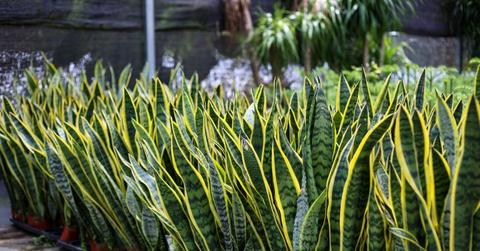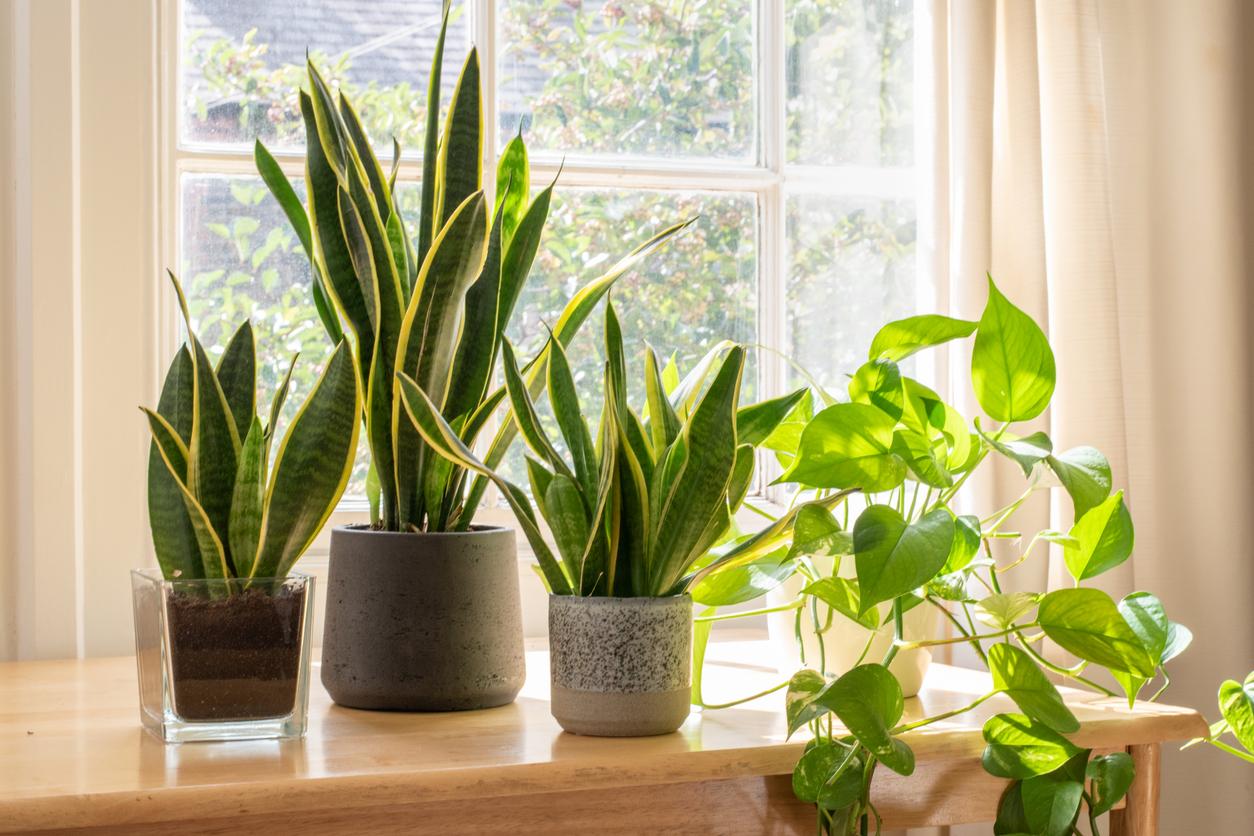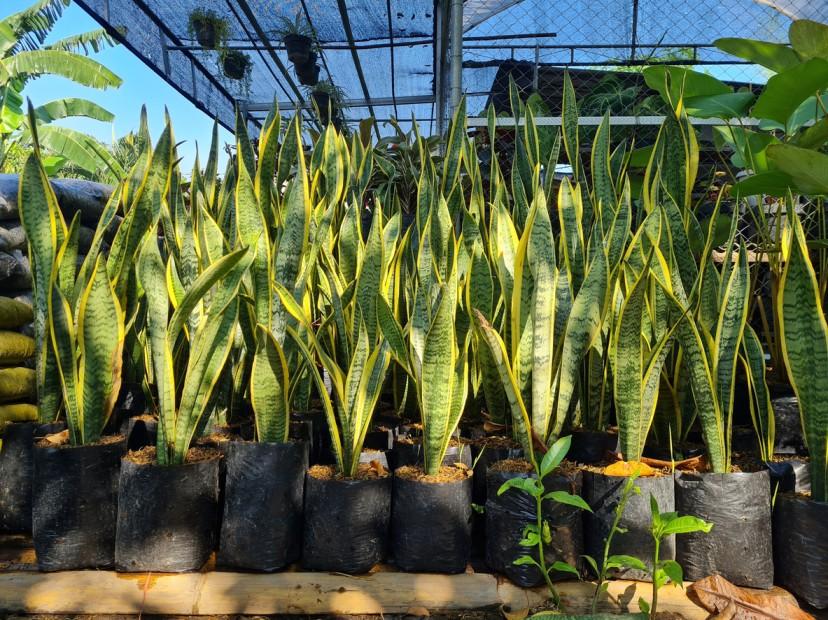If You Have a Cat or Dog, Get Rid of Your Snake Plants
Perhaps they call it "mother-in-law's tongue" because it's so toxic?
Published July 18 2024, 10:11 a.m. ET

Our companion cats and dogs, as well as our beloved plants, are living beings that we do our best to keep safe and protect at all costs. Unfortunately, sometimes the two clash and pose a severe risk to one another.
If you are considering purchasing a snake plant to beautify and cleanse your living space, read this first before placing any such plants within paw's reach of your companion cats and dogs.
While snake plants add many benefits to a human's living space, if you have cats and dogs in your home, you'll want to exercise caution and keep reading below to make sure your companions are safe and healthy and not impacted by your indoor garden.

Are snake plants toxic to cats?
Unfortunately, snake plants are not on the list of safe plants for cats, as they are considered toxic to cats, according to the ASPCA. Symptoms of an adverse reaction to your cat eating a snake plant include nausea, vomiting, and diarrhea. This is due to the saponins that contribute to the hardiness of the snake plant.
According to The Wildest, when a cat consumes a plant with saponins, intestinal cells may suffer, resulting in diarrhea or, in extreme cases, the loss of red blood cells. You may also notice dilated pupils and drooling, per The Wildest.
Regardless of the symptoms your cat may be exhibiting, especially if you notice little bite marks in your snake plant, be sure to consult a veterinarian immediately to properly assess your cat's health and determine if further treatment is needed, per The Dodo.

Are snake plants toxic to dogs?
Also known as mother-in-law's tongue, the snake plant is similarly toxic to dogs, per the ASPCA. The saponins in the snake plant may cause excess drooling, tummy problems, and dilated pupils in dogs — all symptoms shared by cats who ingest a snake plant — when they are eaten by a dog, according to The Spruce.
While the safest measure is to remove the plant from your home altogether, another preventative measure is to keep a snake plant in a hard-to-reach space in your home where your dog cannot reach.
Nontoxic alternatives that are much less dangerous for dogs include cast iron plants, ponytail plants, spider plants, and zebra calathea plants, according to The Spruce. Nevertheless, when introducing any plant into your home, consult with a veterinarian and monitor your dog's behavior to ensure no allergic reaction is triggered or health risk is made.

What to do if your cat or dog eats a snake plant:
If your cat consumes a snake plant, consult a veterinarian immediately, especially if your cat has existing health concerns.
Additionally, remove the plant from the space immediately so that it poses no further risk to your cat, making matters worse. You should keep a close eye on your cat's behavior, eating and drinking habits, their appearance, and their energy levels.
Similarly, if your dog makes a snack out of your snake plant, continue monitoring your dog for any changes to their behavior, appetite, energy level, and appearance, and contact your veterinarian immediately.
Animal-specific emergency resources like the Pet Poison Helpline as well as ASPCA's Animal Poison Control Center are also available at all times to families in need.